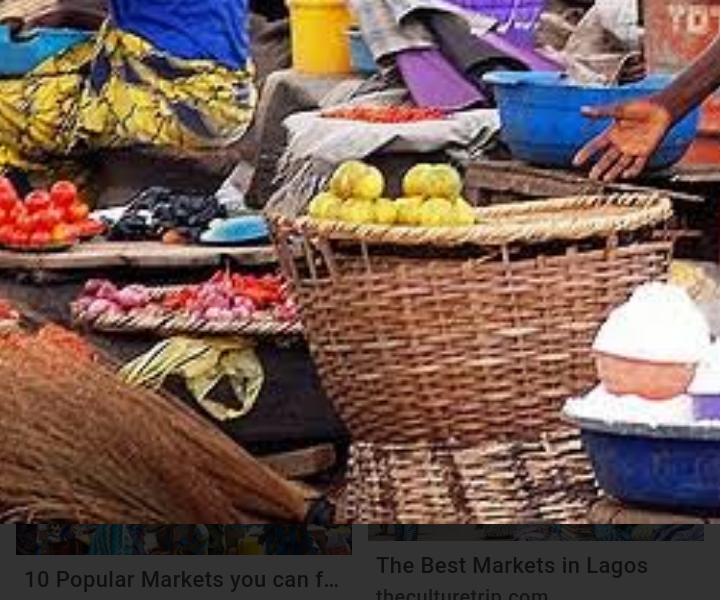Nigeria is currently facing a troubling escalation in food prices, a situation that threatens to plunge more of its population into food insecurity and exacerbate the already high cost of living. The rising cost of basic staples like rice, beans, yams, tomatoes, and other essential food items has become a growing concern for both households and businesses alike. What was once an intermittent challenge has now turned into a consistent and worrying trend, with no immediate signs of relief.
The reasons for this food price surge are multifaceted, driven by a combination of domestic and global factors. One of the key drivers is inflation, which has soared in recent months. Nigeria’s inflation rate has been persistently high, impacting the cost of transportation, energy, and farm inputs such as fertilizers and seeds. As these costs rise, so does the price of food, creating a vicious cycle where both consumers and producers feel the strain.
In addition, insecurity in key food-producing regions is severely hampering agricultural productivity. The northern and middle-belt regions of Nigeria, known for producing a significant portion of the nation’s food supply, are plagued by insurgencies, banditry, and farmer-herder conflicts. These security challenges have disrupted farming activities, reduced output, and created supply chain bottlenecks. Without a reliable supply of food to meet demand, prices naturally skyrocket.
Another critical factor is the country’s overreliance on imported food products. Nigeria imports a large share of its food, including rice, wheat, and sugar, which exposes the country to fluctuations in global prices and foreign exchange volatility. The depreciation of the naira has made imports more expensive, directly affecting the prices of both imported and locally produced food items. With limited local production to offset these imports, the average Nigerian is left to bear the burden.
Climate change is another contributor to rising food costs. Erratic rainfall patterns, flooding, and droughts have disrupted farming seasons and reduced harvest yields. Farmers are struggling to adapt to these changing conditions, and without significant support in terms of irrigation, improved seeds, and modern farming techniques, the situation is unlikely to improve.
The implications of these rising food prices are alarming. Millions of Nigerians, already grappling with poverty, now face the prospect of food insecurity. According to recent estimates, nearly half of the population lives below the poverty line, and with food costs making up a significant portion of household spending, many families are being forced to cut back on meals or turn to cheaper, less nutritious alternatives. This could lead to a rise in malnutrition, particularly among children, compounding the country’s public health challenges.
Businesses are not spared from the impact either. The food industry, from processors to retailers, is struggling to balance rising operational costs with maintaining affordable prices for consumers. This is leading to lower profit margins and, in some cases, forcing businesses to shut down. The agricultural sector, which should be a key driver of Nigeria’s economy, is instead being stifled by these compounding pressures.
The Nigerian government has attempted to address the issue through various agricultural policies and interventions, but these efforts have so far fallen short of delivering the required results. Programs aimed at boosting local food production and improving supply chains need better coordination, funding, and implementation. The government must also address the insecurity in farming regions and work to stabilize the exchange rate to reduce the country’s dependence on food imports.
In the face of this growing crisis, urgent action is required. The government needs to not only provide immediate relief to the most vulnerable segments of the population but also take long-term steps to build a more resilient food system. This includes increasing investments in agriculture, improving rural infrastructure, and promoting the use of technology in farming. Additionally, efforts to tackle insecurity must be redoubled, as no amount of agricultural reform can succeed if farmers cannot safely access their land.
The current trajectory of rising food prices, if left unchecked, threatens to unravel Nigeria’s economic stability and worsen the living conditions of millions. It is imperative that all stakeholders—government, private sector, and international partners—come together to devise sustainable solutions to this looming crisis.







